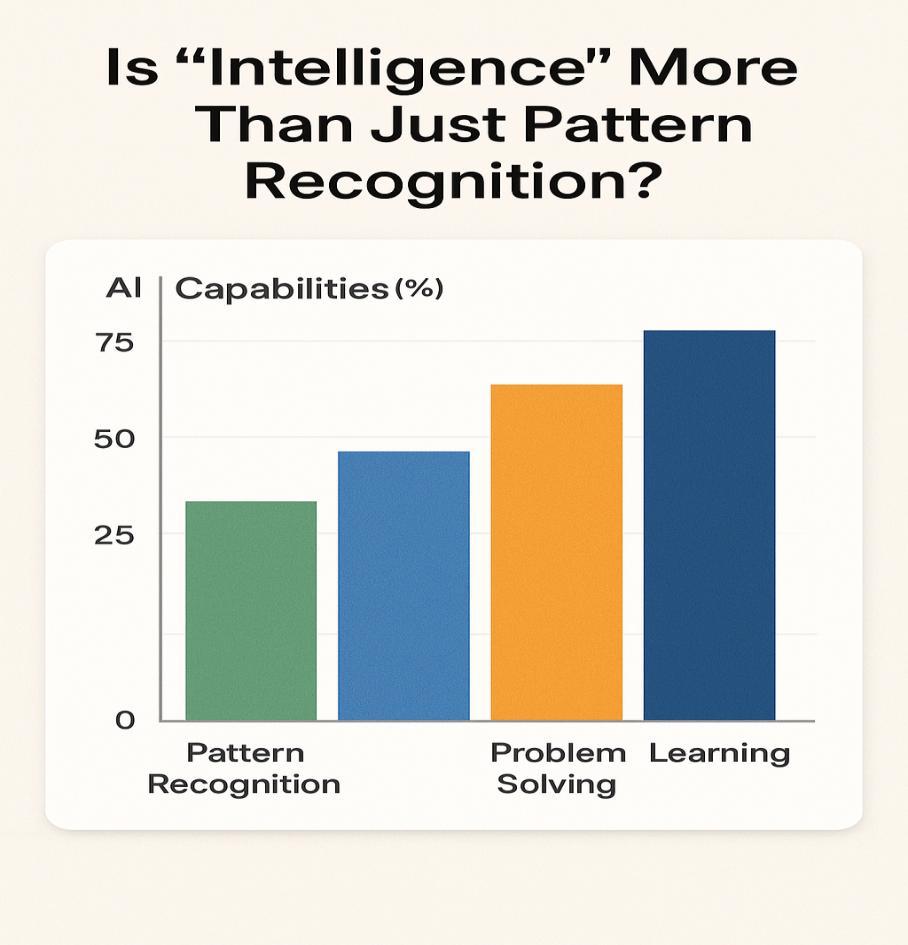True Intelligence in Action – AI Transforming Project Management
Rafa Rayeeda Rahmaani
Chief Strategy & Growth Officer

Do you trust an AI to run 80% of your project tasks? It sounds bold, even a bit scary, but that’s exactly where the world is heading. According to Gartner, by 2030 80% of project management work will be eliminated by AIplanview.com. Project planning, status reporting, risk flagging – tasks that currently eat up managers’ days – could soon be largely automated. This isn’t a distant sci-fi prediction; it’s the imminent future of work. And it raises the stakes: if we’re going to hand over the reins, those AI systems had better be truly intelligent, not just flashy gadgets. In our previous blog, we introduced the idea of “true intelligence” – AI that understands context and can reason like a human colleague. Project management is a perfect proving ground for this concept. Traditional tools (think old-school Gantt charts or even modern boards) require humans to do the heavy lifting of interpretation and decision-making. They tell us what tasks are there, but not which tasks actually matter today or why a project might derail tomorrow. AI, on the other hand, has the potential to analyze vast amounts of project data in seconds, spotting patterns and connections no human could. The transformation is already underway: McKinsey found that AI can cut project management administrative time by up to 30%hashstudioz.com, and many project managers agree it dramatically improves things like resource allocation. But speeding up project tasks is just the starting point. The real promise of AI in project management is elevating the role of the project manager and the team. Rather than spending evenings fiddling with spreadsheets or updating task statuses, managers can focus on strategy, stakeholder communication, and creative problem-solving. One industry veteran put it this way: AI shifts managers “away from administration and manual tasks, and towards coaching, stakeholder engagement, and strategic thinking”planview.com. In practical terms, this means an AI assistant might handle sending all those reminder emails and compiling progress reports, while you spend your time figuring out what the team should do next to maximize impact. It’s a re-imagining of work: less drudgery, more strategy. We’re already seeing early signs of what truly intelligent project AI can do. Some advanced systems can analyze project histories to predict where bottlenecks typically occur. Others use natural language processing to digest project charters and spit out key risks and milestones automatically. The Holy Grail is an AI that not only automates tasks but also provides insight – for example, alerting you that “Project Alpha is falling behind because Requirement X keeps getting neglected, and based on similar projects, there’s a 90% chance you’ll slip a deadline next month unless something changes.” AI that can deliver that kind of foresight is operating on a higher plane of intelligence. It’s connecting the dots across data points, much like a seasoned project director would do after decades of experience (only, AI could achieve that perspective in days). Of course, with great power comes great responsibility (to borrow that Spider-Man mantra). If we lean on AI for 80% of project management, we must ensure transparency and trust. No team wants a black-box algorithm making decisions that nobody understands. True intelligence, therefore, isn’t just about raw computing power – it’s also about explainability. The AI should be able to justify its suggestions: e.g., “I moved Task Q up in priority because two dependent tasks are at risk of delay and it’s critical to the project’s main goal.” This kind of rationale builds trust with human users and keeps the AI accountable. In the next part of this series, we’ll get a perspective from an expert on how organizations can practically harness these AI advancements. The big takeaway for now: AI is rapidly moving from an add-on tool to a central player in project management. The winners in this new era will be those who pair human judgment with AI’s analytical superpowers. As we embrace AI to do the heavy lifting, project leaders can reclaim their time to do what humans excel at – innovating, motivating teams, and steering the vision. The future project manager might just spend less time updating plans and more time realizing bold ideas, all thanks to a truly intelligent copilot.
